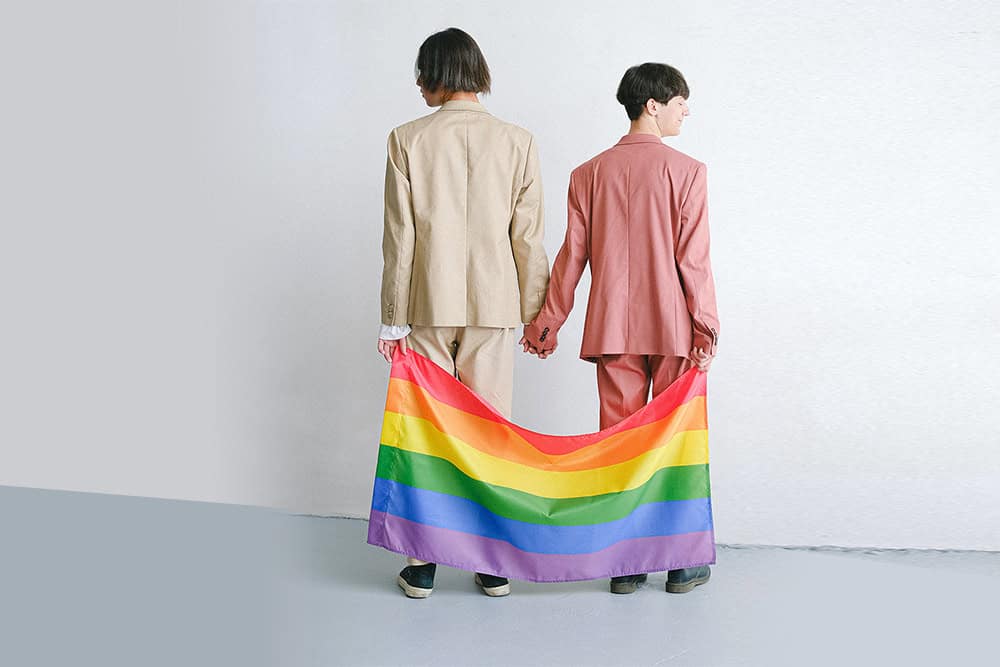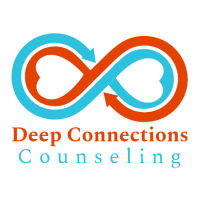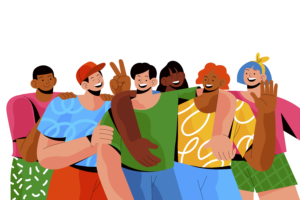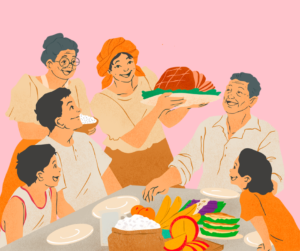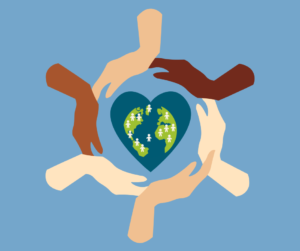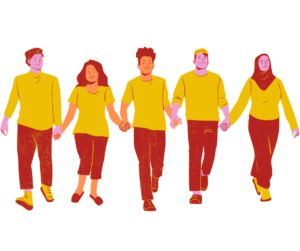While the stigma surrounding queerness has decreased in recent years, questioning your sexuality can still be scary and confusing. Navigating religious beliefs, internal beliefs, and fears about having to tell friends and family can compound the pressure to find your label.
Questioning your sexuality can bring up a variety of emotions: fear of changing the way you identify, excitement about new experiences, anxiety over choosing the correct label, worry over how others will react, and everything in between. There is no right or wrong way to feel about questioning your sexual or affectional orientation.
How can I know whether or not I am gay?
While it may be frustrating, no one else can tell you whether or not you are queer. This is something you have to explore and discover for yourself. Sexuality is a spectrum. Based on research into human sexuality, very few people fit exclusively into the category “heterosexual” or “homosexual.” Most people fall somewhere in the middle of the scale. Sexuality can also be fluid and change throughout your lifetime. How you identify is a personal decision that only you are qualified to make.
What does questioning my sexuality mean?
For some people, questioning their sexuality is a normal part of maturing. Some people also question their sexuality or even experiment with different genders only to realize that their original identity fits them best. Questioning your sexuality can also be the beginning of discovering a new identity that better fits how you feel.
No matter what questioning your sexuality ends up meaning for you, there is no time limit on labeling yourself. You can take as long as you wish to come out, whether that be just to yourself or to safe others. You can also try on different labels before deciding on yours or even choose not to label yourself at all! There is no right or wrong way to identify.
What can I do if I’m questioning my sexuality?
- Listen to the experiences of other gay individuals.
This can be done by finding LGB social media accounts to follow, watching LGB movies, visiting websites such as PFLAG or the It Gets Better Project, or talking to other LGB people you know if it is safe for you.
- Try on different identities to see how they feel.
This doesn’t mean you have to come out as each of the identities you try on. You can simply imagine how each of the labels would feel if you were to use them in the safety of your own private thoughts.
- Explore your sexuality in a safe space.
While not everyone has a safe space to explore their sexuality, experiencing queer sexuality is one of the best ways to determine your true desires and attractions. Never fear; if you decide same-sex romance or intimacy is not for you, there is no obligation to relabel yourself based on these experiences.
- Talk to a counselor about your feelings and concerns.
If questioning your sexuality is interfering with your daily life, counseling can help. A counselor can help you sort out and process your feelings, experiences, and fears surrounding your identity. We have several queer and queer-allied counselors ready to help you on your journey to discovering your identity.
If you would like to talk to these counselors, you can schedule an appointment with us here. We look forward to helping you find your most authentic self.
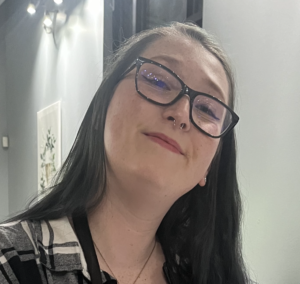
Peyton Davis
Peyton is a counseling intern accepting new clients in Virginia. Peyton has experience in dealing with anxiety, depression, trauma, low self-esteem, and LGBTQ+ concerns.

